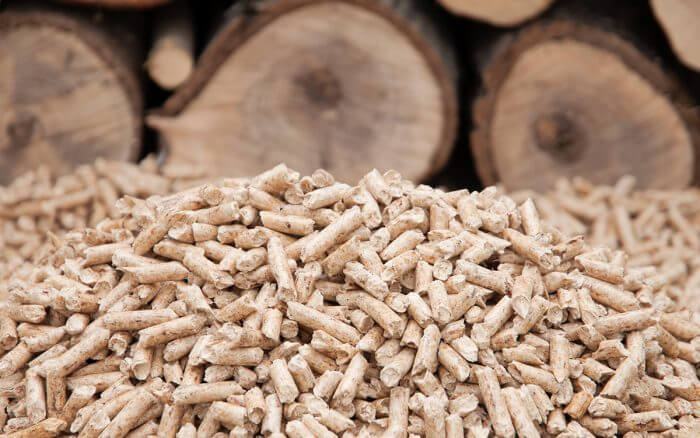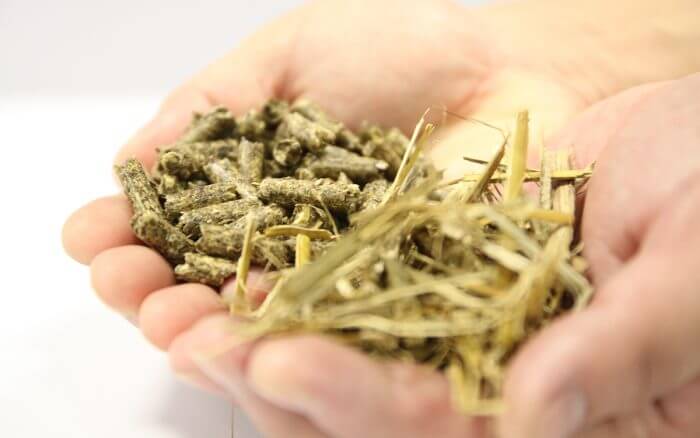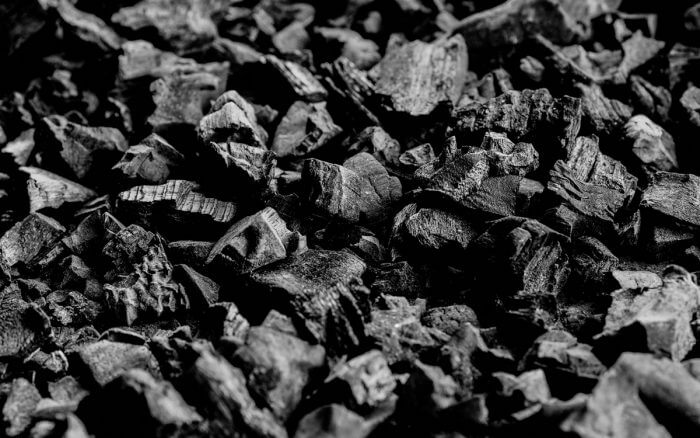Manufacturing is the production of merchandise for use using labour and machines, tools, chemical and biological processing, or formulation. The term may refer most commonly applied to industrial production, in which raw materials are transformed into finished goods on a large scale. Manufacturing process are the steps through which raw materials are transformed into a final product. The manufacturing process begins with the product design, and materials specification from which the product is made. These materials are then modified through manufacturing processes to become the required goods.
In correlation with vision and mission of our company, we are focusing our manufacturing in renewable and sustainable energy product like wood pellet, grass (biomass) pellet and coconut charcoal. We own our special ingredients of material that can produce high amount of calories with very low carbon emission to fulfill the highest standard in our major customer, mostly in Japan.

Wood Pellet fuels are biofuels made from compressed organic matter or biomass as wood. Wood pellet are the most common type of pellet fuel and are generally made from compacted sawdust and related industrial wastes from the milling of lumber, manufacture of wood products and furniture, and construction. They can be used as fuels for power generation, commercial or residential heating, and cooking. Pellets are extremely dense and can be produced with a low moisture content (below 10%) that allows them to be burned with a very high combustion efficiency. With the surge in the price of fossil fuels since 2005, the demand for pellet heating has increased in Europe and North America, and a sizable industry is emerging.

Grass Pellet fuel is a renewable, clean-burning and cost stable home heating alternative currently used throughout North America, Japan and Europe. Some agricultural products and by-products capable of being used for energy, are all examples of biomass fuel. By engineering crops and waste such as cornstalks, straw, and residual forest waste, pellets can utilize millions of tons of waste and put them to work. The most compelling principle of biomass is that it is renewable. The remarkable consistency and burn efficiency of pellet fuel produces a fraction of the particulate emissions of raw biomass. Given the proper Sustainable Agricultural management, biomass is virtually limitless, and has proven to be price stable in comparison with fossil fuels. More fuel can be transported in a given truck space, and more energy can be stored at your site. Pellets are more easily and predictably handled. Their uniform shape and size allows for a smaller and simpler feed system that reduces costs. This high density and uniform shape can be stored in standard silos, transported in rail cars and delivered in truck containers. In short, pellet fuel is a way to divert millions of tons of waste from landfills and turn it into energy.

Coconut charcoal is the lightweight black carbon and ash residue produced by removing water and other volatile constituents from coconut shell substances. Charcoal is usually produced by slow pyrolysis — the heating of wood or other substances in the absence of oxygen. Coconut charcoal has been used for traditional source of fuel. Due to its high surface area charcoal can be used as a filter, and as a catalyst or as an adsorbent. Activated charcoal readily adsorbs a wide range of organic compounds dissolved or suspended in gases and liquids.